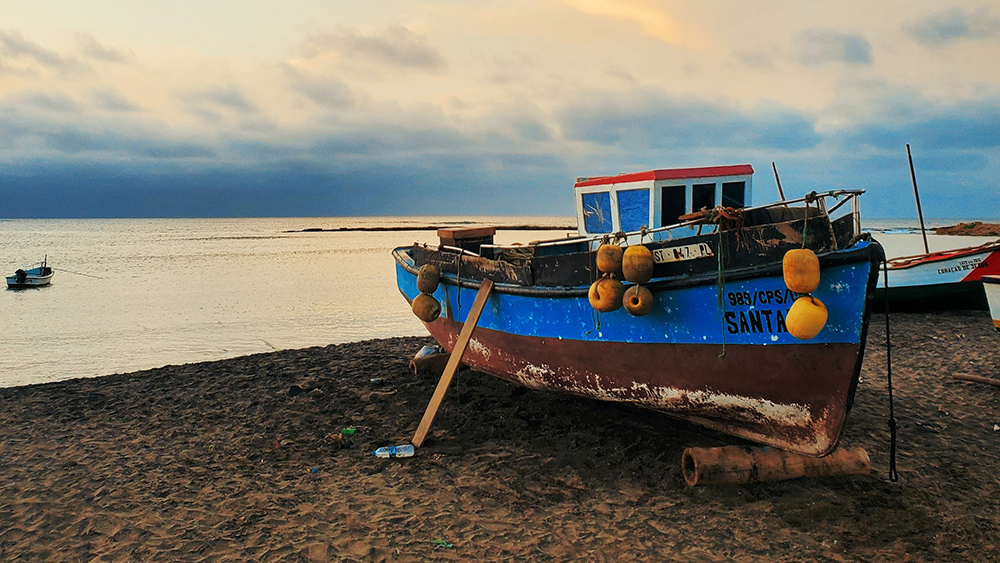As the third country in Africa, Cape Verde is now malaria-free. Success in combating the disease may now mean that more tourists are seeking out the island group.
Cape Verde is The third country in Africa as the World Health Organization (WHO). It has been certified malaria-free, following Mauritius and Algeria which were certified in 1973 and 2019 respectively, and adding to that Lesotho and Seychelles – two countries in Africa where malaria has never occurred.
Overall, in 2022, there were an estimated 249 million malaria cases and 608,000 malaria deaths in 85 countries around the world.
Africa is the continent most affected by malaria. 94 percent of global malaria cases and 95 percent of malaria-related deaths occur there (2022). Four African countries accounted for just over half of the world's malaria deaths: Nigeria (26.8 percent), the Democratic Republic of the Congo (12.3 percent), Uganda (5.1 percent), and Mozambique (4.2 percent). Of those who die, 80% are children under the age of five.
Malaria Elimination Certification is the World Health Organization's official recognition of a country's malaria-free status. Certification is granted when a country can demonstrate that the chain of domestic transmission of malaria via the Anopheles mosquito has been interrupted throughout the country for at least the past three consecutive years. The World Health Organization says the country must also prove it has the capacity to prevent the spread of infection from resuming.
Commitment leads to success
Before the 1950s, all of the islands that make up Cape Verde were infected with malaria. Severe epidemics occurred regularly in more densely populated areas until targeted interventions were implemented. Through targeted use of pesticides, the country has eliminated malaria twice: in 1967 and 1983. But subsequent shortcomings in vector control led to a resurgence of the disease. Since the last peak of malaria cases in the late 1980s, malaria in Cabo Verde has been limited to two islands: Santiago and Boa Vista, both of which have now been malaria-free since 2017.
“I commend the government and people of Cabo Verde for their steadfast commitment and resilience in their work to eliminate malaria,” Director-General of the World Health Organization, Tedros Adhanom Ghebreyesus In a press release from the organization.
Peter Sands, head of the Global Fund to Fight AIDS, Tuberculosis and Malaria, points out that climate change has caused malaria to become more widespread. Therefore, what happened now in Cape Verde gives rise to hope, as he sees it:
This is an extraordinary achievement, and a sign of hope at a time when climate change threatens to slow our progress in the global fight against malaria. The crucial thing now is not to lower the bar, but to help Cape Verde maintain this performance and prevent the return of malaria, says Peter Sands.
To prevent malaria from returning to the archipelago, the Global Fund will continue to fund malaria control measures for another three years.
Tourism accounts for 25 percent of Cape Verde's GDP, and the fact that the country is now malaria-free means that travelers from Sweden, among other places, can travel there without having to fear contracting the disease or having to take malaria medications for preventive purposes. .
Editors

“Falls down a lot. Internet fanatic. Proud analyst. Creator. Wannabe music lover. Introvert. Tv aficionado.”




More Stories
More than 100 Republicans rule: Trump is unfit | World
Botkyrka Municipality suspends its directors after high-profile trip to New York
Huge asteroid approaching Earth | World